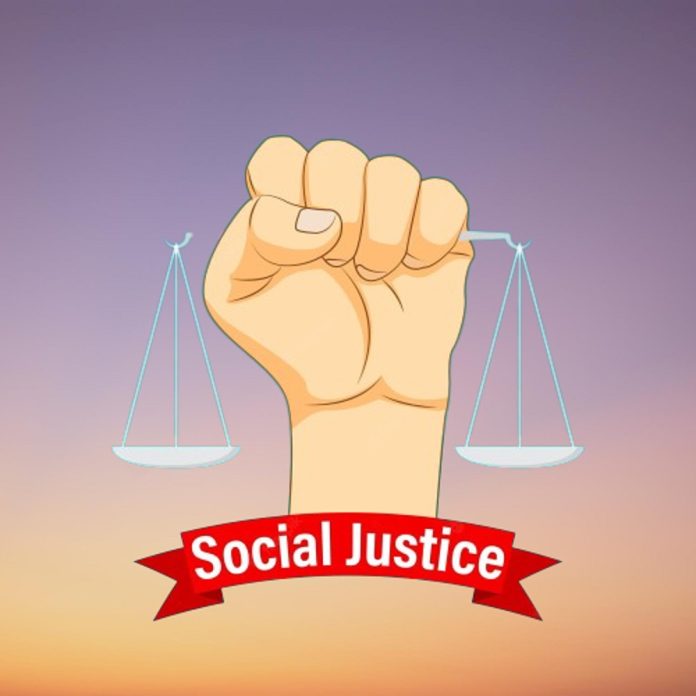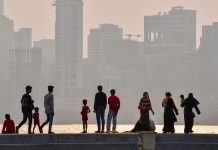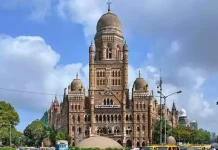- People in the know about the Indian social landscape would comprehend the subject matter without much ado. Most of us know that India is blessed with rich diversity vis-à-vis caste, class, creed, religion, languages, ethnicity, and many more social indicators that change from region to region. As it is, India is spread across a large swathe of land where every region boasts of different cultures, traditions, dialects, and ethnicities making our country such a vibrant and throbbing one. Incommensurate with the societal landscape, the political landscape too has emerged based on the labyrinthine caste conundrum that is not easy to decipher. This is where the extremely important social justice system prevalent in the country needs to be assessed for its effectiveness.

PC: lunfardo
- Make no mistake, the vote-bank politics so widely prevalent and assiduously built up over the decades in the country by the political parties has marred the real meaning of social justice in its entirety. No wonder, quotas and reservations lead the inducement politics so tightly embraced by the political class. Indeed, social justice delivery is often piecemeal, compartmentalized, hobbled by conflicts, and for few groups. Stretched and reshaped by political competition, social justice has morphed into a catch-all term for welfare measures and every populist promise made, north to south. Such a superficial sweep empties social justice of its core meaning – equal access to all resources, education to health to mobility, jobs to justice and expression.
- Unfortunately, in the talk of uplifting and targeted programmes for the marginalized, an essential pillar has long been invisibilised. There can be no meaningful social justice without economic justice. Yet, inequality is seemingly entrenched, the latest CMIE data showed unemployment rate has climbed to its highest in over two years, and joblessness in rural areas has increased. This is worrying. Sadly, state after state, party after party, offers succor quotas and reservations in the name of social justice. Once quotas were allowed on criteria beyond social marginalization, it opened the doors for even well-off communities to claim similar benefits – but what is the stuff of such benefits beyond periodic handouts? The resultant shrinking economic pie is unsustainable.

PC: farsnews
- Mind you, as economic inequality grows, so does quota demand. Who has the roadmap post-quota? Of course, post-globalisation, welfarism is universal politics as there is no newness to a govt or political parties designing leg-ups, trickle-downs, affirmative actions, or handouts, whether a dole, insurance, gas cylinders or cash benefits, bicycles or laptops. The fact is social justice in its true form remains as peripheral as the communities that need it most. Economic empowerment, the world of work, is central to real social justice. Unless the government authorities focus on empowering the last man standing by ushering in equality measures, the term social justice will be cynical and irrelevant. Hope the political class realizes this sooner than later.






